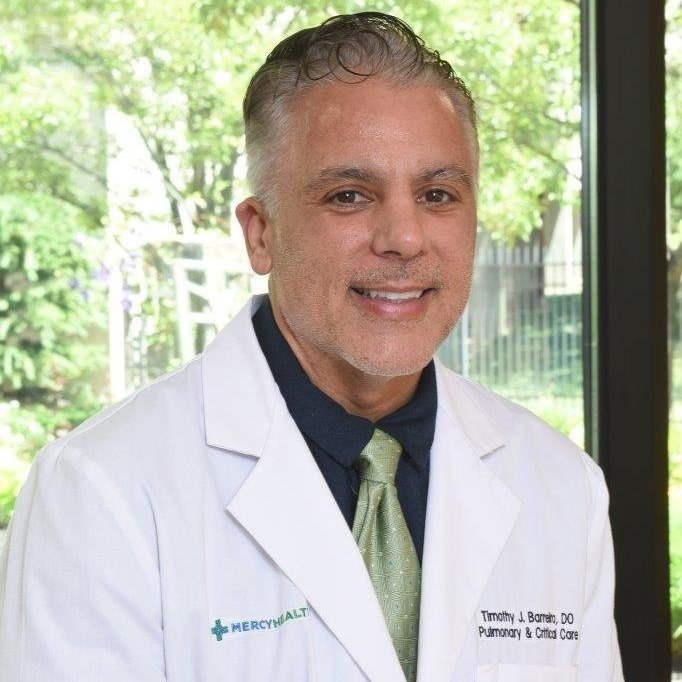Timothy Barreiro, DO, MPH, FCCP, FACP, FACOI is Professor of Medicine at Northeastern Ohio Medical University (Rootstown) and Ohio University Heritage College of Osteopathic Medicine (Athens) and faculty at Lake Erie College of Osteopathic Medicine, Erie, PA. We welcome him to our editorial board.
There is a culture to medicine, a phenomenology, a long untold story embedded in the DNA of all those who wear a white coat. This culture entrusts providers to care for patients and become pillars of the community. The duty we health care professionals feel in medicine binds us to uphold the highest standards and continue to search for truth and fairness. In Mason Vierra’s “Learning to Walk” (Intima, Fall 2021), we get a sense of what health care providers learn when dealing with nature’s close relationship between life and death: that we are bystanders. We enter medicine with altruistic ideals, overconfident in knowledge and science that stand helpless as nature takes over without any need for guidance. And yet, there remains a need to enhance, supplement, and support, much like Vierra’s father describes his surgical career: “I have never in my entire career healed anyone… Everything I do is intended to help the body do its job.” This perspective emerges through the everyday practice of medicine coupled with the youthful enthusiasm and scientific knowledge of the learner, whose own fears and anxieties around care are manifested due to inexperience. Once we understand this role, we become better stewards of the patient’s needs—not simply the applicator of science.
We see this when we read Jennifer Lycette’s powerful and haunting “The Fragile Line” (Intima, Fall 2021). In this narrative, she shares a personal account of uncertainty and loss, as well as the unwavering need that comes with grief—and the willingness to move forward. With acceptance, the culture of medicine becomes not only a science, but also a culture of reflection and being. With this understanding, we can recognize the privilege that our patients grant us, allowing us to enter their lives when they are vulnerable and in need of support; in doing so, care seems like less of a sacrifice. Providers need to accept narratives that tell us of nature’s ability to give birth and take life—but only with this acceptance and time for listening can we achieve the best possible care. The gift of medicine includes the culture of listening and self-reflection.
Timothy Barreiro, DO, MPH, FCCP, FACP, FACOI is Professor of Medicine at Northeastern Ohio Medical University (Rootstown) and Ohio University Heritage College of Osteopathic Medicine (Athens) and faculty at Lake Erie College of Osteopathic Medicine, Erie, PA. Currently multidisciplinary team director for complex pulmonary diseases at St. Elizabeth Hospital in Youngstown, Ohio, he completed residency at Allegheny General Hospital in Pittsburgh and specialty training in pulmonary, critical care and sleep at the University of Rochester School of Medicine & Dentistry. After serving as Health Disparities Scholar at USDHHS, PHS, NIH, he completed his MPH at the University of Illinois Chicago School of Public Health and has served as a Governor’s Commissioner at the Ohio Commission on Minority Health, as well as CMS appointee on the Medicare Evidence Development & Coverage Advisory Committee (MEDCAC) committee. Founding member of the task force commissioned by the American Osteopathic Association Committee of Equity and Advancement with American College of Osteopathic Interns, and author of numerous publications over several decades his foci remains to care for the underserved and to educate and mentor medical students and residents. He is a certificate graduate of the Columbia University Narrative Medicine program and teaches reflective practice at NEOMED and via a hospital-based narrative medicine program for faculty, residents, and medical students.

